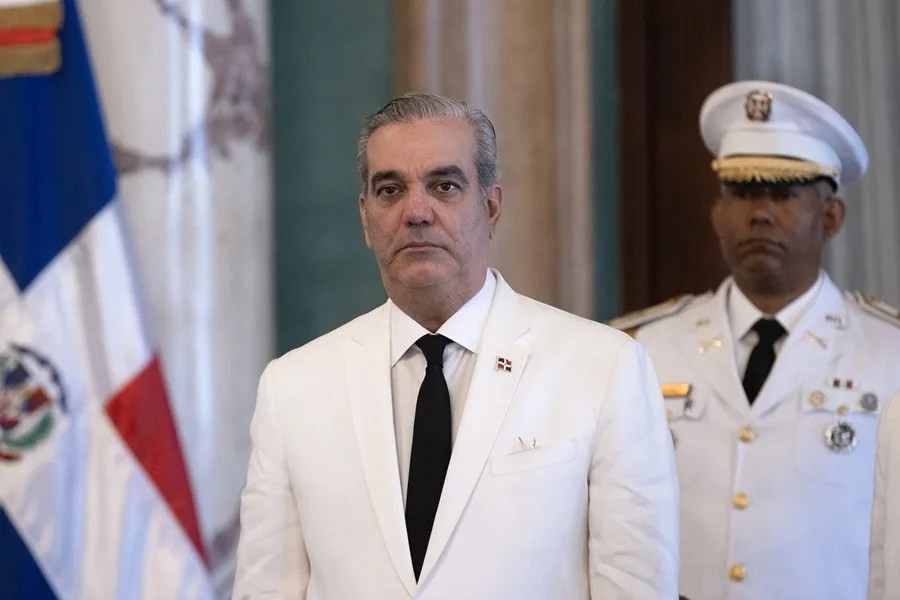Dominican Republic’s Exclusion of Cuba, Nicaragua, and Venezuela from Summit Reveals Hemispheric Divisions
In a move highlighting the deep political fractures in the Western Hemisphere, the Dominican Republic has decided to exclude Cuba, Nicaragua, and Venezuela from the upcoming Summit of the Americas—raising tough questions about regional unity and U.S. strategic interests.

As the Dominican Republic prepares to host the Tenth Summit of the Americas this December in Punta Cana, it has drawn a clear line in the sand by announcing it will not invite Cuba, Nicaragua, and Venezuela to participate. This decision is more than mere diplomatic protocol—it reflects a stark reality: hemispheric divisions remain entrenched, fueled by regimes that reject democratic norms and undermine American influence in our own backyard.
According to an official statement from the Dominican Foreign Ministry, while their initial goal was to hold an inclusive summit under their pro tempore presidency of the Organization of American States (OAS), they have prioritized ensuring broad participation by excluding countries whose governments have chosen isolation from key regional institutions. These three nations have refused to join or engage with the OAS and were absent from last year’s summit.
What Does Excluding These Regimes Mean for America?
This exclusion is not just a diplomatic snub; it’s an affirmation of principles America holds dear—namely national sovereignty exercised responsibly and respect for democratic governance. Cuba’s communist dictatorship remains a symbol of repression. Nicaragua and Venezuela continue down authoritarian paths that undermine human rights and economic freedom. By sidelining these bad actors, Dominican leadership effectively supports a collective stand against regimes hostile to liberty.
Yet Washington must ask itself: how long will we tolerate these anti-American regimes exploiting regional forums to legitimize themselves? The Dominican Republic’s approach sends a message that upholds America’s core values but also underscores the need for U.S. leadership that matches principle with action.
Challenges Beneath Diplomatic Courtesy
The Dominican government carefully notes that its bilateral relations with each excluded country remain distinct—with Cuba described as historically solid despite differences; cordial ties with Nicaragua through regional organizations; and complicated relations with Venezuela given disputes over election legitimacy. This nuanced stance shows pragmatism but does not erase the fact that such regimes continue to hinder hemispheric progress.
For American policymakers focused on securing our borders and projecting strength globally, these developments carry weighty implications. Instability emanating from leftist governments aligned against U.S. interests exacerbates illegal immigration pressures and weakens trade partnerships vital for economic prosperity back home.
The summit promises high-level dialogue—but can true hemispheric cooperation emerge when foundational matters like democracy and sovereignty remain contested? The choice by President Luis Abinader’s administration signals a preference for clear-eyed engagement rather than appeasement—a reminder that freedom-loving nations must band together against pernicious threats cloaked in socialist ideology.
The bottom line: The exclusion of Cuba, Nicaragua, and Venezuela challenges us all to confront uncomfortable truths about who really belongs at America’s table—and who undermines it. In this decisive moment leading up to December’s summit, America First advocates should champion policies supporting strong democracies in our hemisphere—and reject those that enable tyranny under false pretenses.
